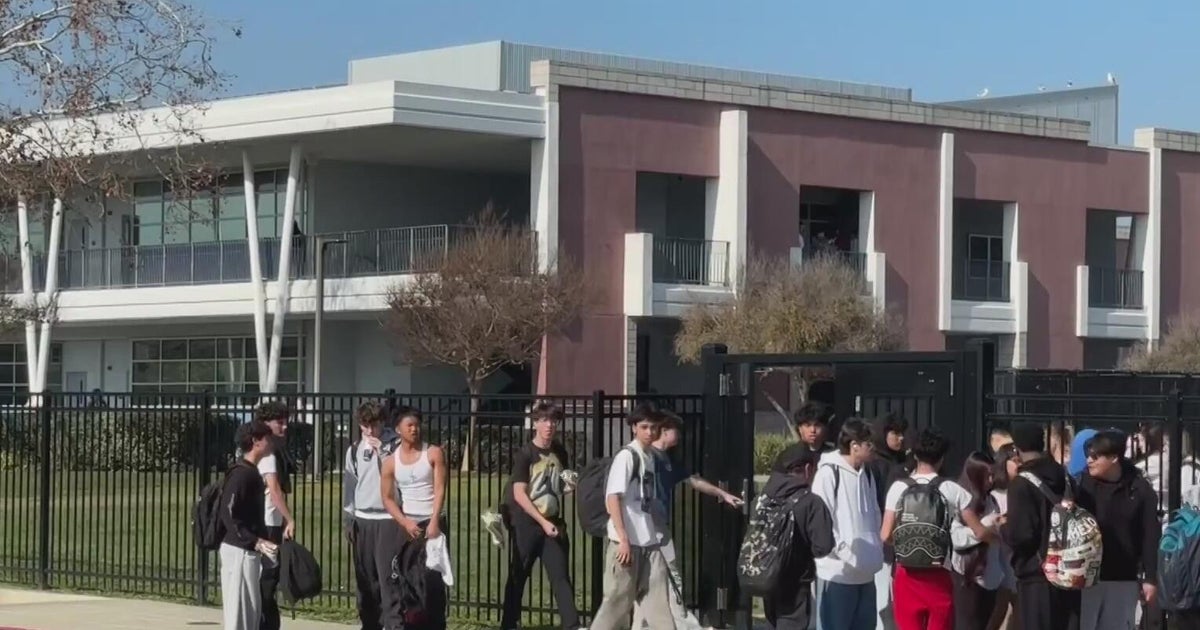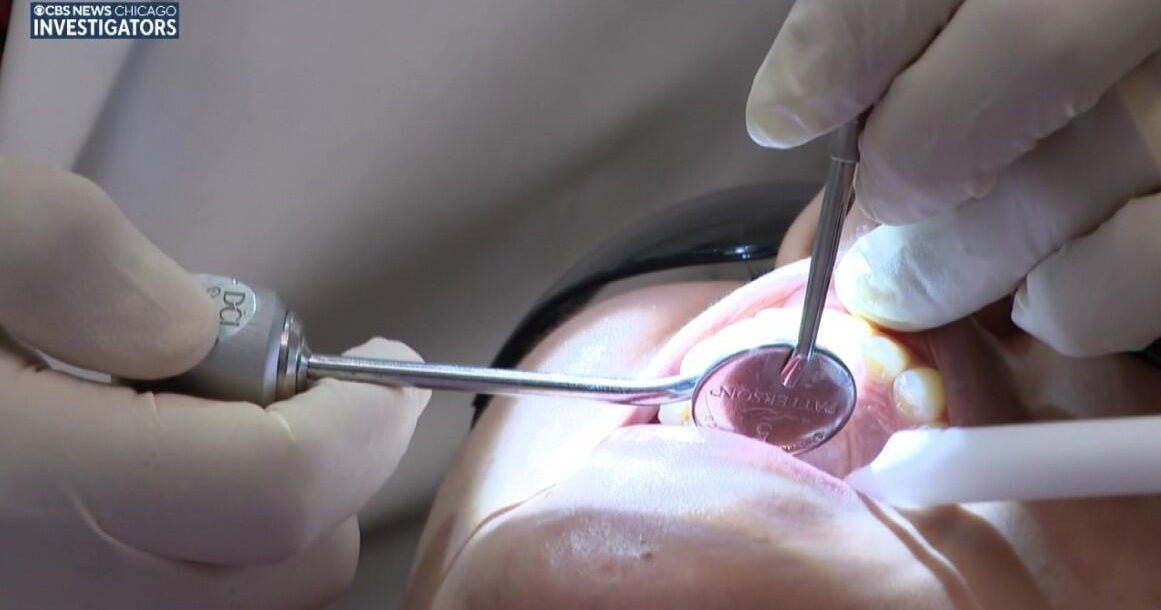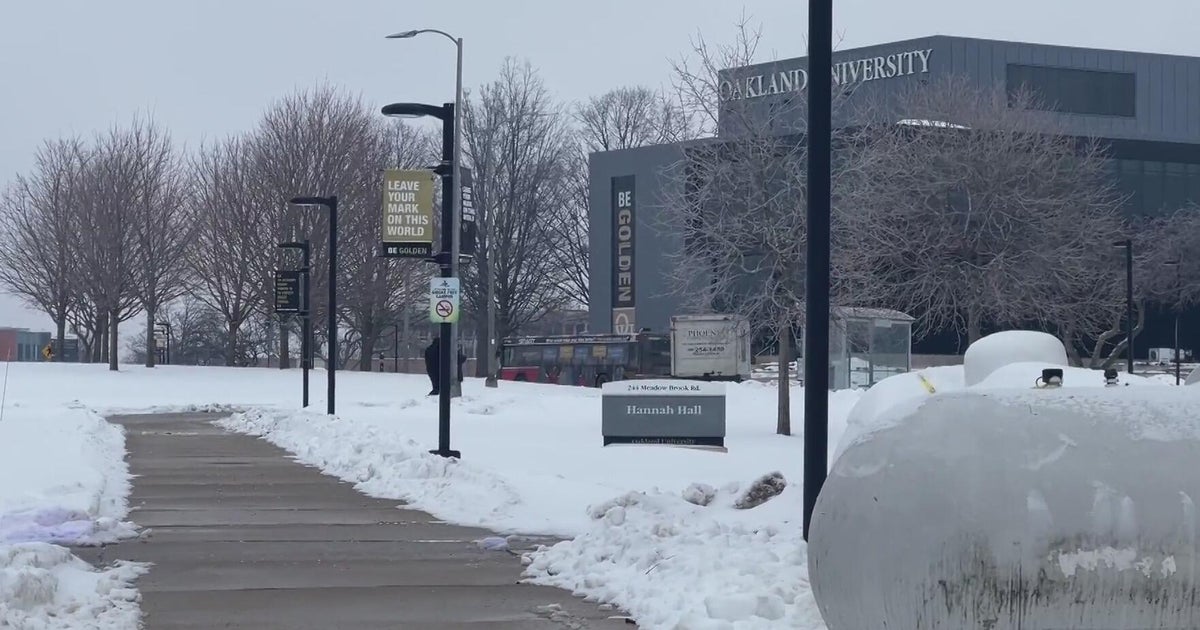College applications slide, especially for low-income students
Fewer students are applying to U.S. colleges this year, with experts saying some schools could struggle to fill their incoming freshman class during the coronavirus pandemic.
Through November 2, the deadline for early decisions at many institutions, the number of students filing the Common Application — the most commonly used method for undergraduate admissions — for the first time is down 8% compared with a year ago, according to Jenny Rickard, CEO of the Common App.
Among students who qualified to have their application fees waived — also a proxy for their families' income levels — the numbers are even lower. The number of fee-waiver students who applied to college using the Common App decreased by 16%.
"I am extremely concerned about first-generation, low-income students and underrepresented minority students applying to college," Rickard told CBS MoneyWatch. "The pandemic has upended the whole system of college admissions, and low-income students may be holding off on applying to college as they face financial uncertainty."
"Losing an entire generation"
The number of students who have completed the Free Application for Federal Student Aid, or FAFSA, is down even more sharply — a 16% drop from the same period last year.
"Being down 16% this early in the FAFSA completion cycle is really worrisome and signals that students from the class of 2021 at a minimum are delaying the completion of milestones associated with enrolling in college in the fall," said Bill DeBaun, director of data and evaluation at National College Attainment Network.
He suspects the FAFSA decline — a measure of students' intentions to pursue higher education — has fallen down the priority list for many families struggling simply to put food on the table and keep a roof over their head during the economic shock caused by the pandemic.
"In the hierarchy of needs, there are other things that seem to be coming ahead of this," DeBaun said. "Students' aspirations for postsecondary enrollment are getting derailed before financial considerations even come into play."
"We risk losing an entire generation of underrepresented students on college campuses," he added. "Low-income students, students of color, first-generation students are much more likely to be derailed from this process, and there is no guarantee that if we don't support them early on in their senior years to get the FAFSA completed — it's unclear if they'll ever get back on track."
Many students' access to their college counselors, teachers, peers and other resources has been severely limited by the pandemic as they attend school remotely, eroding opportunities for them to learn about financial aid and possibly dampening their aspirations to attend college.
This could widen the opportunity gap between students with resources and those from low-income backgrounds.
Schools need to fill classes
For colleges, especially smaller schools, sinking student enrollment can be a financial concern. "The enrollment pipeline has got to be making university administrators sweat a little bit," DeBaun said.
Christopher Rim, founder and CEO of Command Education, said he encouraged all of his students to apply for early decision or early action, given that institutions are eager to lock in talented applicants as soon as they can.
"We know schools want to fill classes, and they don't know what type of applicants they'll get in the regular round, so there's an advantage to applying early this year," he said. "They can fill half their class with early-round applicants, and then they only have to fill the other half."
Rim's own business is booming, aided by the anxiety that surrounds an already stressful process. He's seen a 300% jump in inquiries from families looking for help navigating the college application process.
That's in part because students are lined up for virtual visits at schools. "Usually, you're able to meet with your counselor as frequently as you want. You can pop into their office and say, 'Hey, this is what I'm working on.' Now you have to email them and schedule an appointment on Zoom," he said.
Rickard, of the Common App, said the dip in early expectations underscores the pandemic's effect on everyday life. "It has changed the way we work, grocery shop, and it has changed the way we get to and through college," she said.



